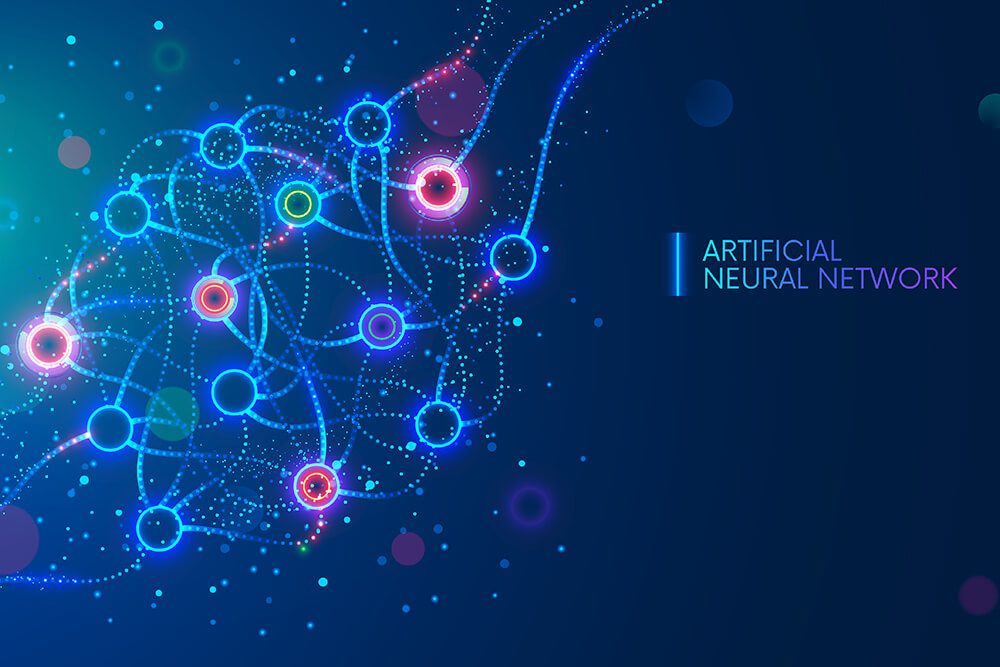
Artificial Intelligence (AI) has rapidly transformed from a futuristic concept to an integral part of our daily lives. This revolutionary technology has made significant advancements, leading to changes in various sectors, from healthcare to entertainment. In this article, we’ll delve into the profound influence of AI on modern society, examining its applications, benefits, challenges, and the future it holds.
Artificial Intelligence, once a dream confined to science fiction, is now an inseparable aspect of our lives. It encompasses a wide array of technologies and techniques that simulate human intelligence, enabling machines to perform tasks that previously demanded human cognition.
Understanding Artificial Intelligence
AI is built upon the principles of machine learning, a subset of AI that focuses on the development of algorithms that allow computers to learn from and make predictions or decisions based on data. Deep learning, a specific branch of machine learning, has led to breakthroughs in areas such as image and speech recognition.
AI in Everyday Life
Virtual Assistants: Simplifying Daily Tasks
Virtual assistants like Siri, Alexa, and Google Assistant have become household names, providing us with instant information, setting reminders, and even controlling smart devices through voice commands.
Personalized Recommendations: Enhancing User Experience
Online platforms employ AI algorithms to analyze user behavior and preferences, delivering tailored recommendations for products, movies, music, and more.
AI in Healthcare
Diagnostic Accuracy: Revolutionizing Medical Diagnoses
AI-driven diagnostic tools can analyze medical images with incredible precision, assisting doctors in detecting diseases like cancer at early stages.
Drug Discovery: Accelerating Pharmaceutical Research
AI accelerates drug discovery by analyzing vast datasets to predict the potential of various compounds, significantly reducing the time and cost of research.
AI in Business and Industry
Process Automation: Streamlining Operations
Industries utilize AI-driven robots and automation to optimize manufacturing processes, leading to higher efficiency and reduced human error.

